Summary
- Civilization 7 and Humankind differ in historical progression, gameplay mechanics, and AI behavior.
- Civilization 7 focuses on eras and unique leader-civilization combinations, while Humankind offers dynamic cultural blending.
- In terms of visuals, modding support, and replayability, Civilization 7 stands out over Humankind.
The release of Civilization 7 reignited discussions among strategy enthusiasts, particularly in comparison to Humankind, another prominent title in the 4X genre. Both of these games are considerably similar, as both focus on empire-building with historical progression thrown in.
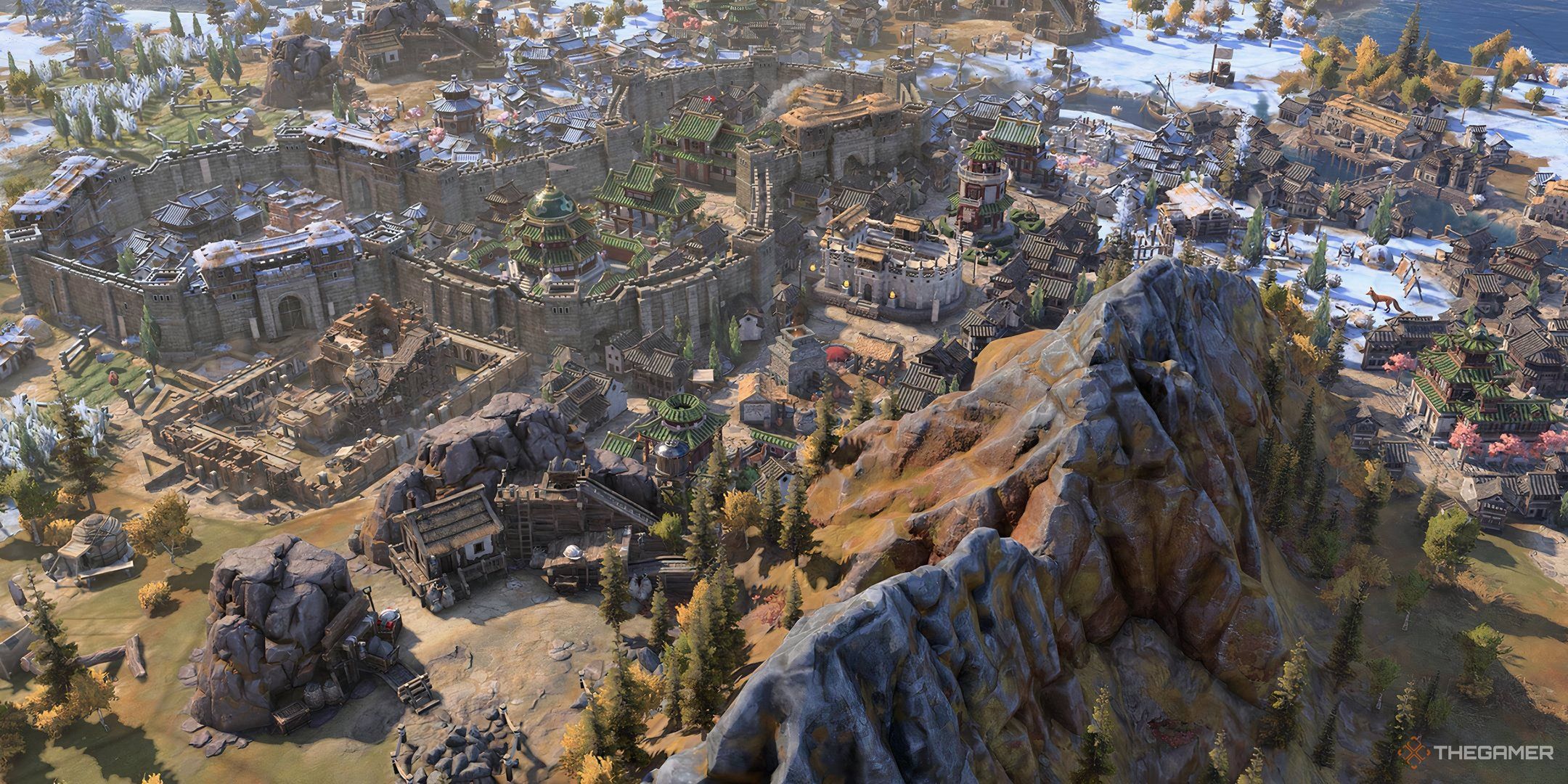
Related
Civilization 7 is out, and folks are fairly mixed on it. Here are our thoughts on whether it’s worth the asking price.
However, there are some large differences between these games, too. They have different strengths and differing receptions from fans. Their game mechanics are very different in some aspects. If you’re considering which one to play, consider taking a closer look at these differences to determine which one you’d like more.
10
Historical Progression
Civilization 7
Both games handle historical progression, but they do it differently. In Civilization 7, gameplay is segmented into three distinct eras: Antiquity, Exploration, and Modern. Each era concludes with a crisis, such as rebellion or invasion. This spurs the civilization in the game to evolve, and players get to pick a new civilization at the end of each era. However, some players prefer guiding a single civilization throughout the game
Humankind is a bit different. Players can pick a new culture at the onset of each era, but this results in blending cultural attributes throughout the game, not a complete restart. It allows for dynamic and customizable civilization-building, while Civilization 7 is more of a dramatic change.
9
Gameplay Mechanics And Complexity
Civilization 7
Civilization 7 introduces a novel feature that enables players to mix and match historical leaders with various civilizations, creating unique combinations. You also stick with the same leader throughout the game. There is also a soft-reset as ages transition, and each era presents very distinct challenges.
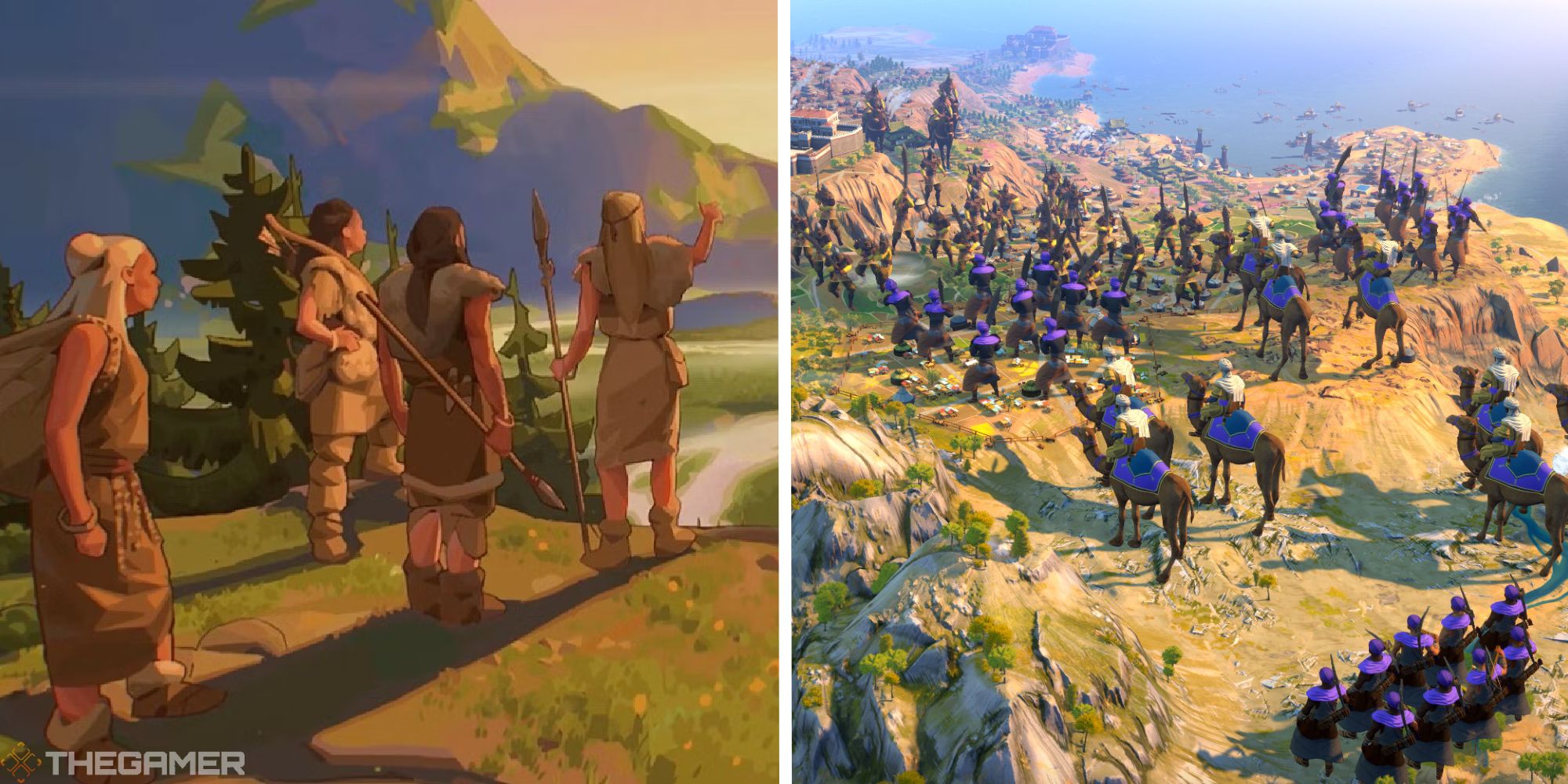
Related
Humankind: 10 Things To Do After You Beat The Game
Beating your first run of Humankind is only the beginning. Here’s every way to challenge yourself to something new in Amplitude’s 4x game.
Humankind emphasizes its unique cultural system. Players can adopt different cultural identities as they progress, which influences the gameplay mechanics. This system is where most of the strategic depth comes from. Both games are complex, but they come about in very different ways.
8
Diplomacy And AI Behavior
Tie
In Civilization 7, diplomacy is reliant on a dedicated currency called influence. This influence allows you to negotiate with other civilizations. Anything you want to communicate with another civilization requires influence, so it’s important to use it effectively. This system adds a layer of depth, as you’ll be forced to use your influence strategically.
Civilization 7 introduces complex mechanics, which can take a minute to learn. Its features and mechanics may also change in the future since it is such a new game.
The AI in Humankind is designed to react dynamically to player actions, creating a responsive and challenging diplomatic environment. The response is a bit more tailored and multi-faceted since there are tons of different aspects that impact how the AI will react to your actions.
7
City Management
Civilization 7
Civilization 7 introduces a nuanced settlement system, distinguishing between towns and cities. You initially establish towns, which can evolve into cities as they develop. You also don’t have to evolve your towns into cities, though, and there are several strategic reasons to leave them as towns.
Humankind requires available population in a city to enlist new units, while Civilization 7 doesn’t take population into account when producing units. This adds a level of complexity to city planning. However, city management is less straightforward than in Civilization 7.
6
Combat And Military Mechanics
Civilization 7
Civilization 7 significantly overhauls its combat mechanics by introducing Commander units. These leaders can organize and move entire armies and provide special benefits. You also keep them throughout the whole game, so leveling them up can mean a lot by the time you make it into the modern age.
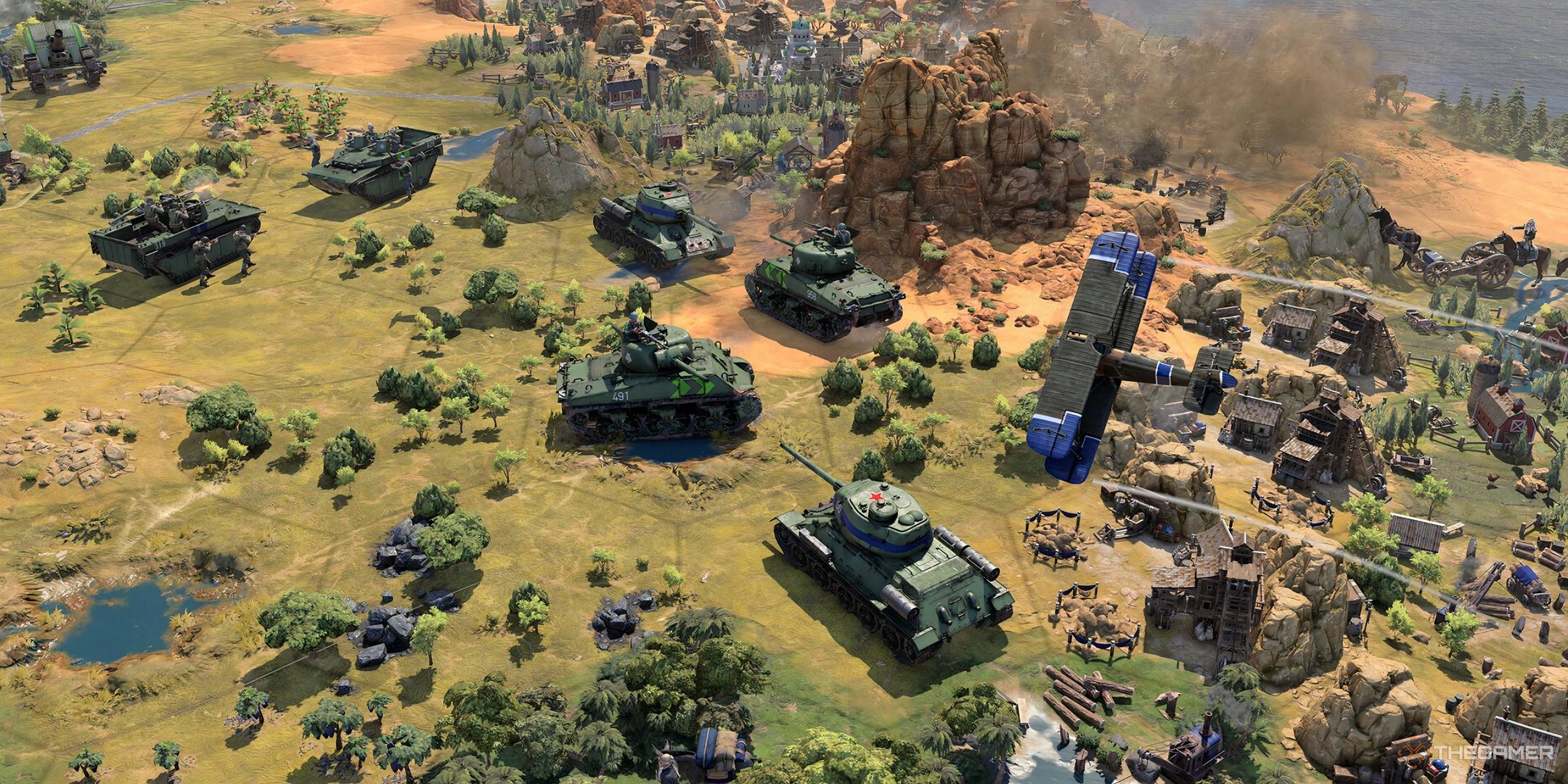
Related
How Long Does It Take To Beat Civilization 7?
How many hours will it take, on average, to finish a game of Civilization VII? Here are our findings based on every game length setting.
Humankind emphasizes tactical battles, providing you with more control of your units in-game. Tactics are much less emphasized in Civilization 7. Humankind’s more hands-on approach is loved by many fans, but it can also be time-consuming. It’s a better option for those wanting a more in-depth approach or a larger emphasis on combat.
5
Culture And Scientific Development
Civilization 7
Civilization 7’s ages each have unique Legacy Paths focusing on military, culture, science, and economy. You can follow these paths to unlock benefits in the next age or win the game (if you’re in the modern age). You can easily adapt your strategy between ages. Civilization 7 also has a clear science and civics tree.
Humankind allows players to adopt a new culture at the start of each era, blending attributes from different civilizations. This is meant to allow for a customizable experience. However, it isn’t such a structured approach as Civilization, though it can be a lot more dynamic. Some players also found that all the different cultures got muddled and confused as you progressed further in the game.
The rapid progression through seven eras in Humankind can make it challenging to fully explore and understand each new culture you choose.
4
Visuals
Civilization 7
Humankind is often praised for its detailed visuals and beautiful animations. Some players have complained that the intricate design makes it hard to see the terrain type, though.
Civilization 7 has more dynamic cities that change based on culture and more realistic look. Many have complained about the game’s UI, though, which can be hard to read and makes it challenging to find information. There are already some mods out to correct some of the more challenging UI screens. Still, Civilization 7’s overall visuals are better.
3
Community and Modding Support
Humankind
Civilization 7 does have a robust modding community that has already released some modifications to address some player concerns, like with the UI and unlocking certain civilizations. However, there isn’t official modding support on PC, though it does look like that will come in the future. Currently, there are very few mods available because the game is so new.
Humankind has plenty of mods available, as it is an older game. These mods do everything from adding content to readjusting visuals in the game. There are several mods that are extremely popular, like the cultures superpack. If you want more diverse mods, Humankind is the way to go at the moment.
Both games feature switching civilizations or cultures as the ages pass, which leads to more depth and variety in gameplay.
2
Replayablity
Humankind
Replayability is a huge consideration when it comes to 4X games. Civilization 7 has tried to make players more likely to finish games by dividing each game into three ages. This feature varies gameplay and prevents overcomplexity that often stagnates late-game strategy games. The ability to mix civilizations and leaders also adds more replayability.
However, there are very few civilizations and leaders to pick from currently, which does hurt replayability.
Humankind allows players to adopt new cultures at the start of each era. There are nearly endless combinations that players could think up over the course of the game, making it exceptionally adaptable. Humankind also offers extra variance thanks to the modding community, where you can adjust game mechanics or download more cultures.
Many reviewers do not like the progression of Humankind, though, stating that it feels disjointed and clumsy.
1
Winner
Civilization 7
4X games are always evolving, but Civilization 7 reigns as a standout title with a rich gameplay experience. It took the best features from previous Civilization games and fixed some of the biggest defects. Its innovative mechanics set it apart from many of its competitors, like Humankind.
Humankind did introduce many fresh ideas and has a vibrant modding community. However, it lacks the polished execution and stunning visuals of Civilization 7.
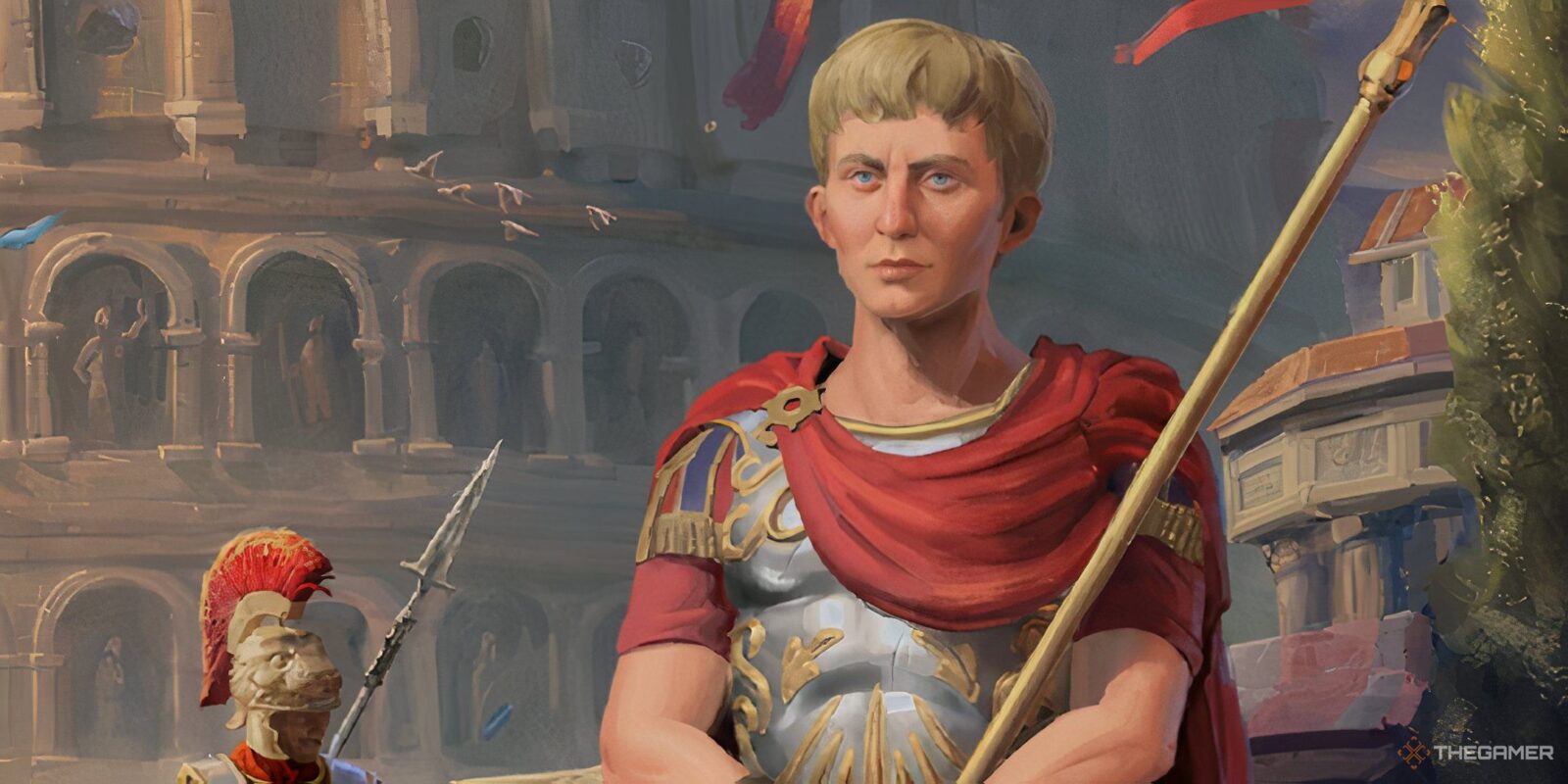

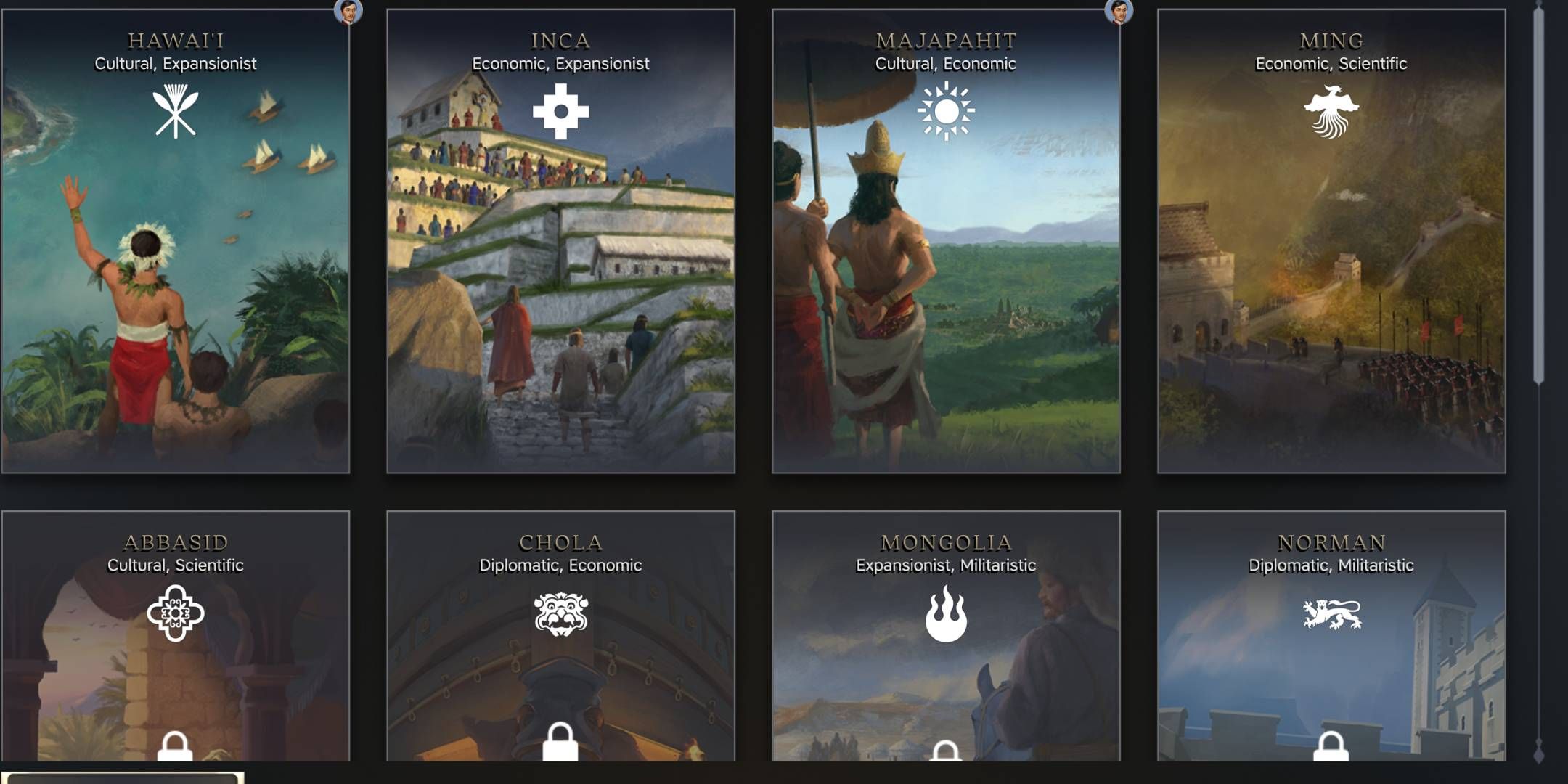
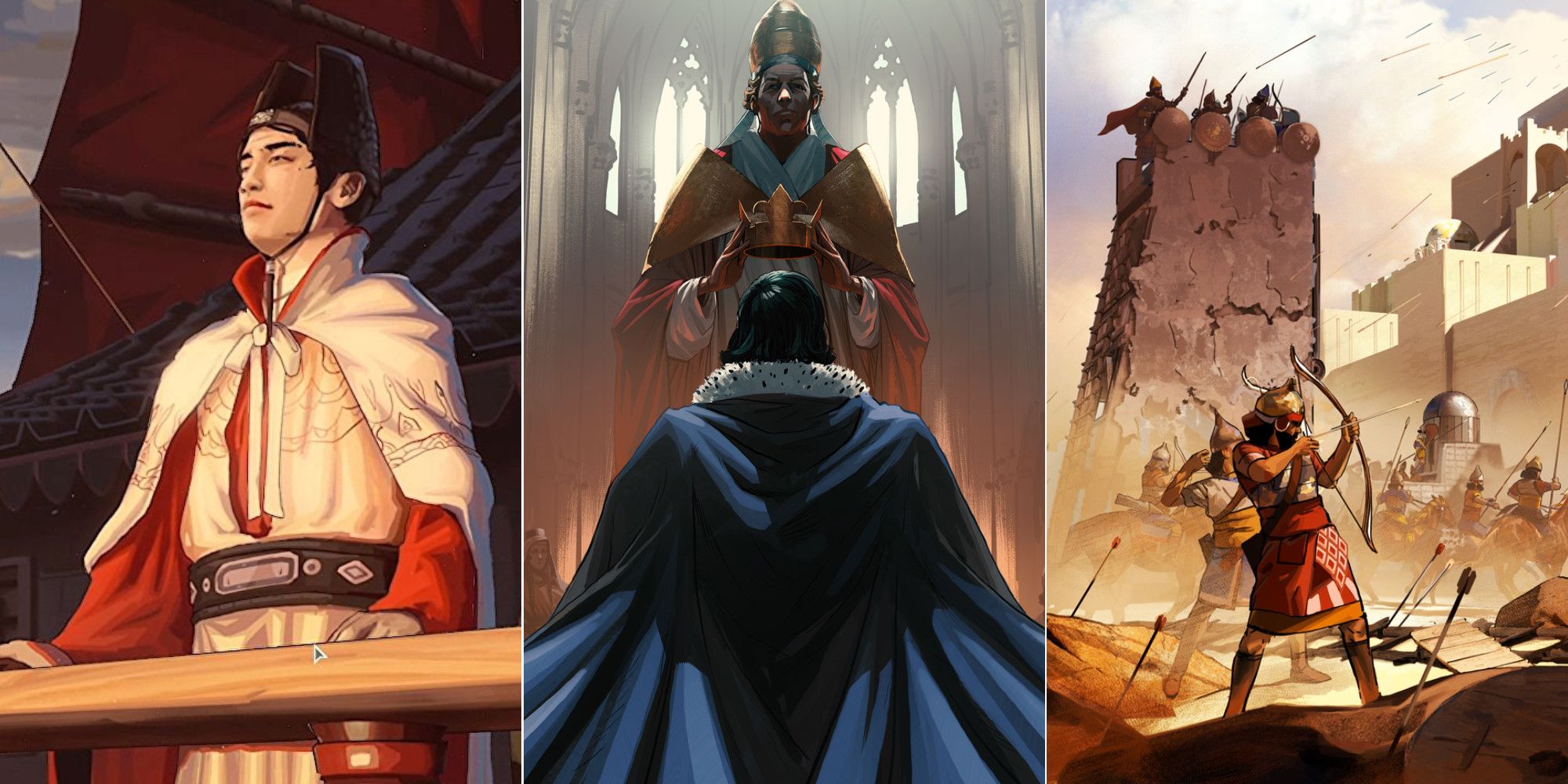
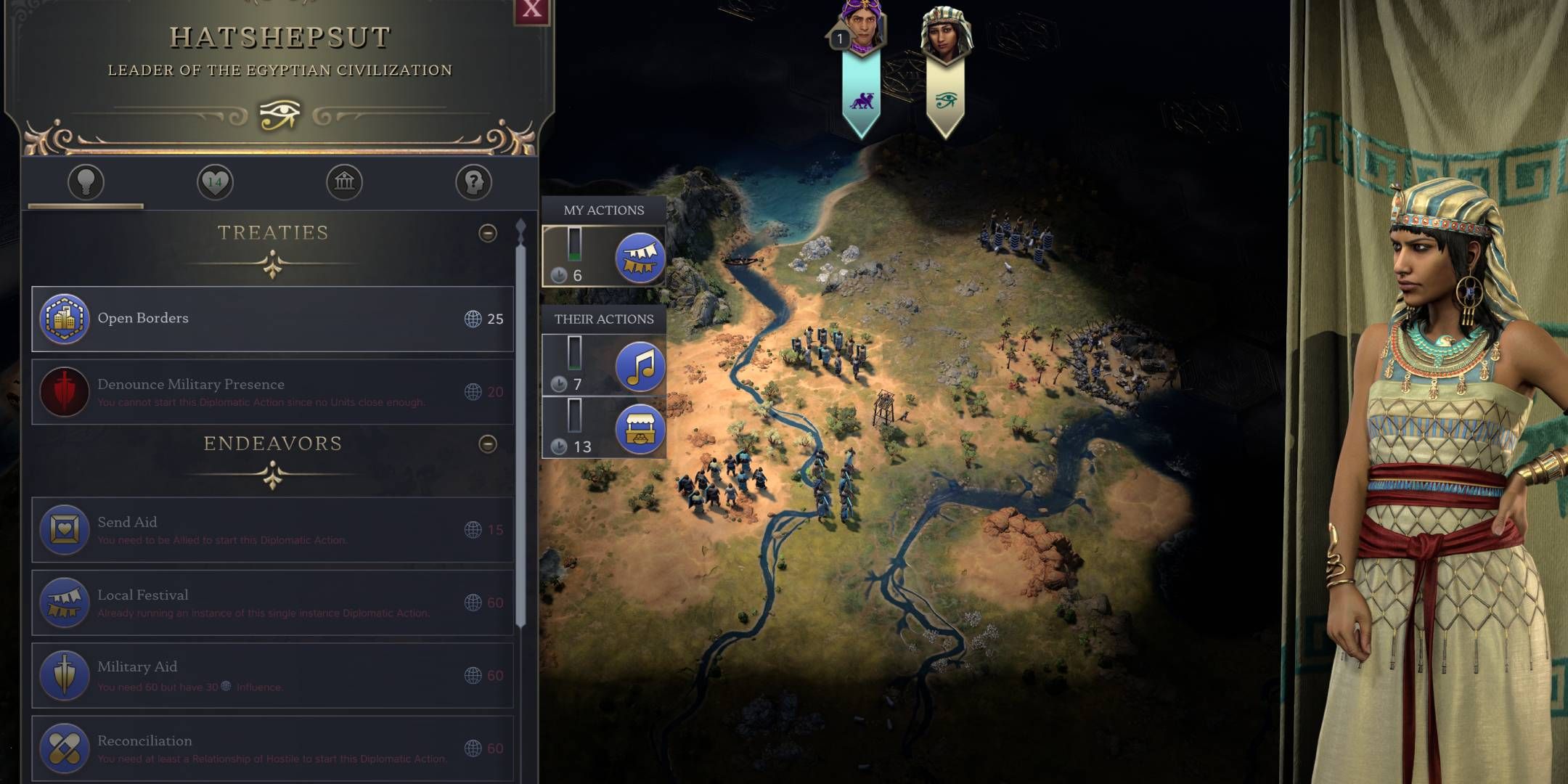
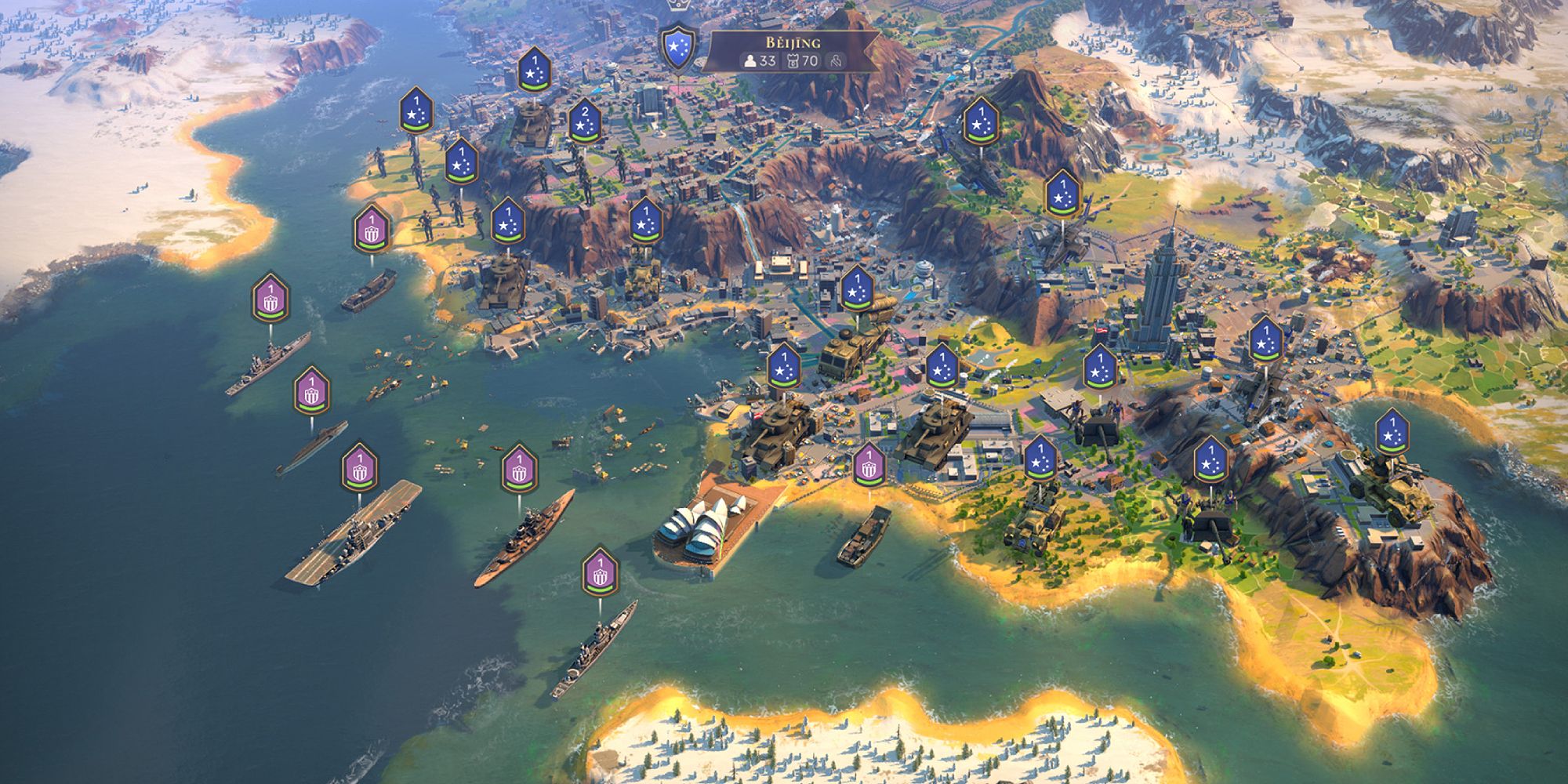
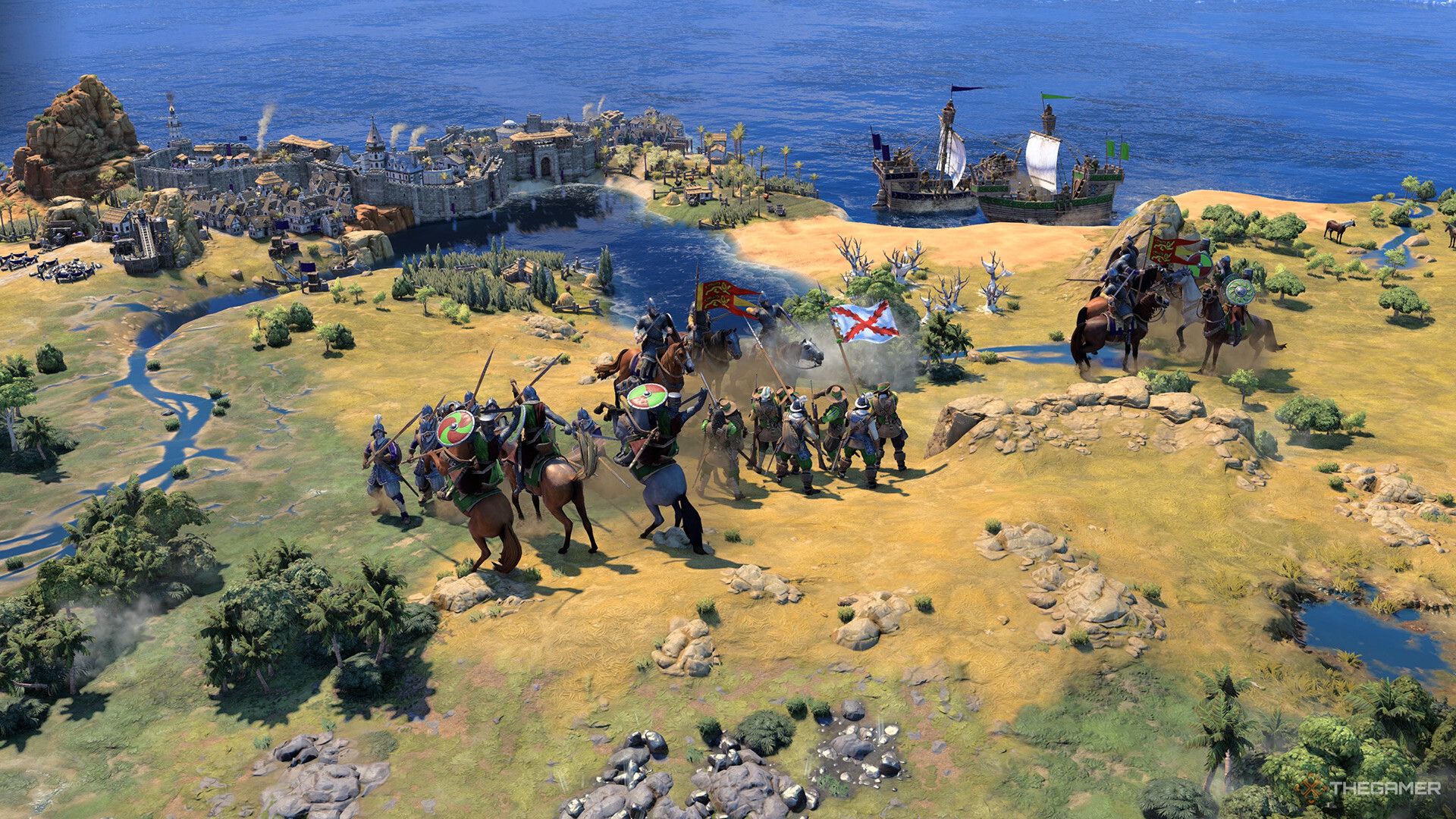
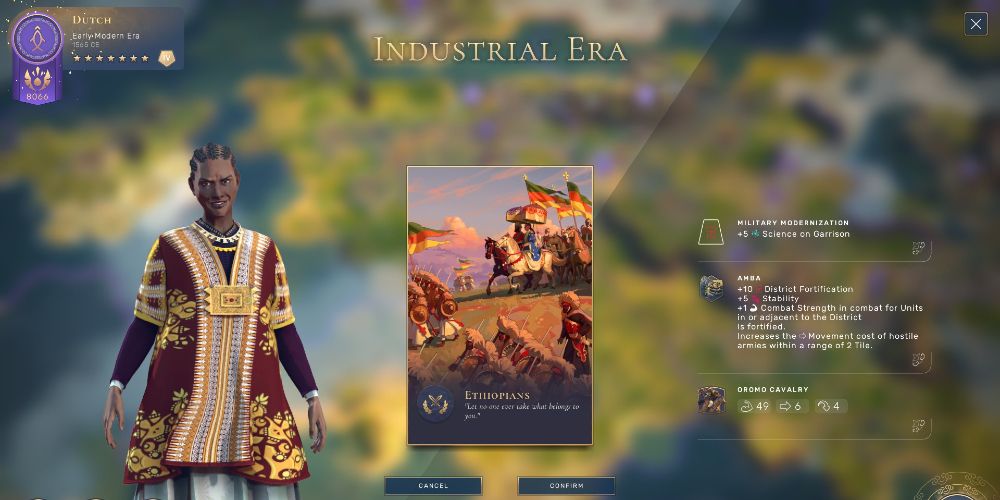
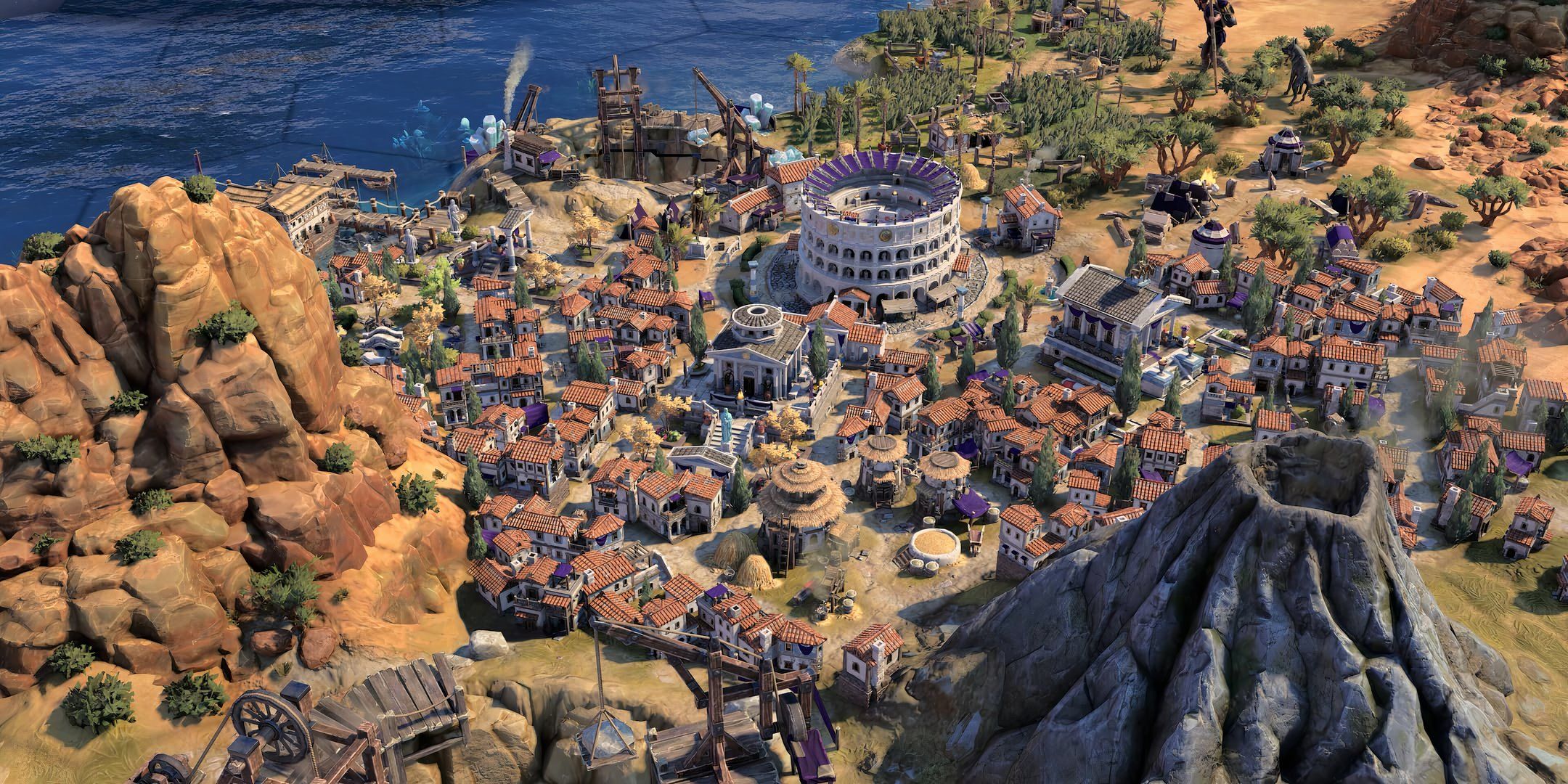

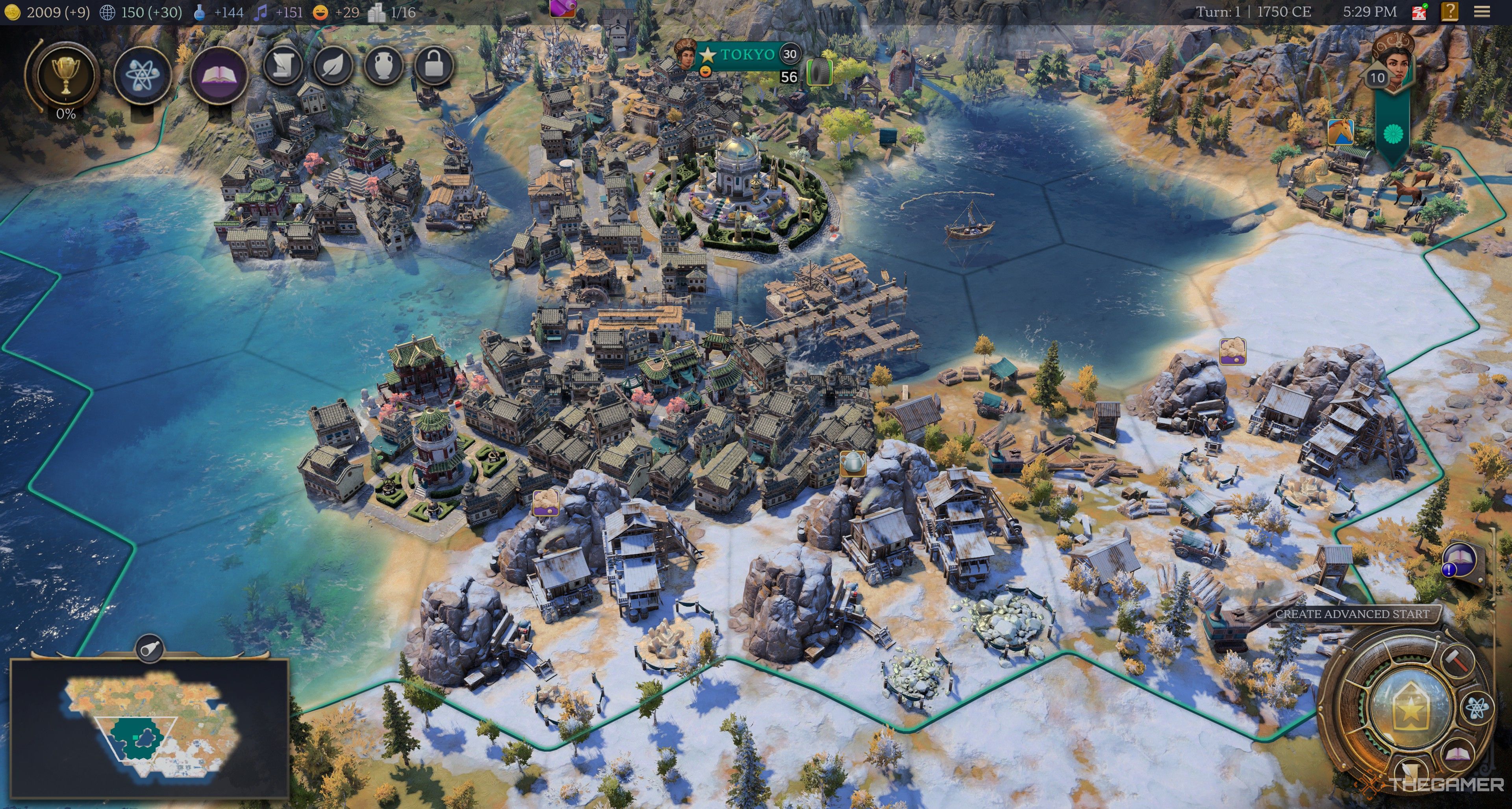

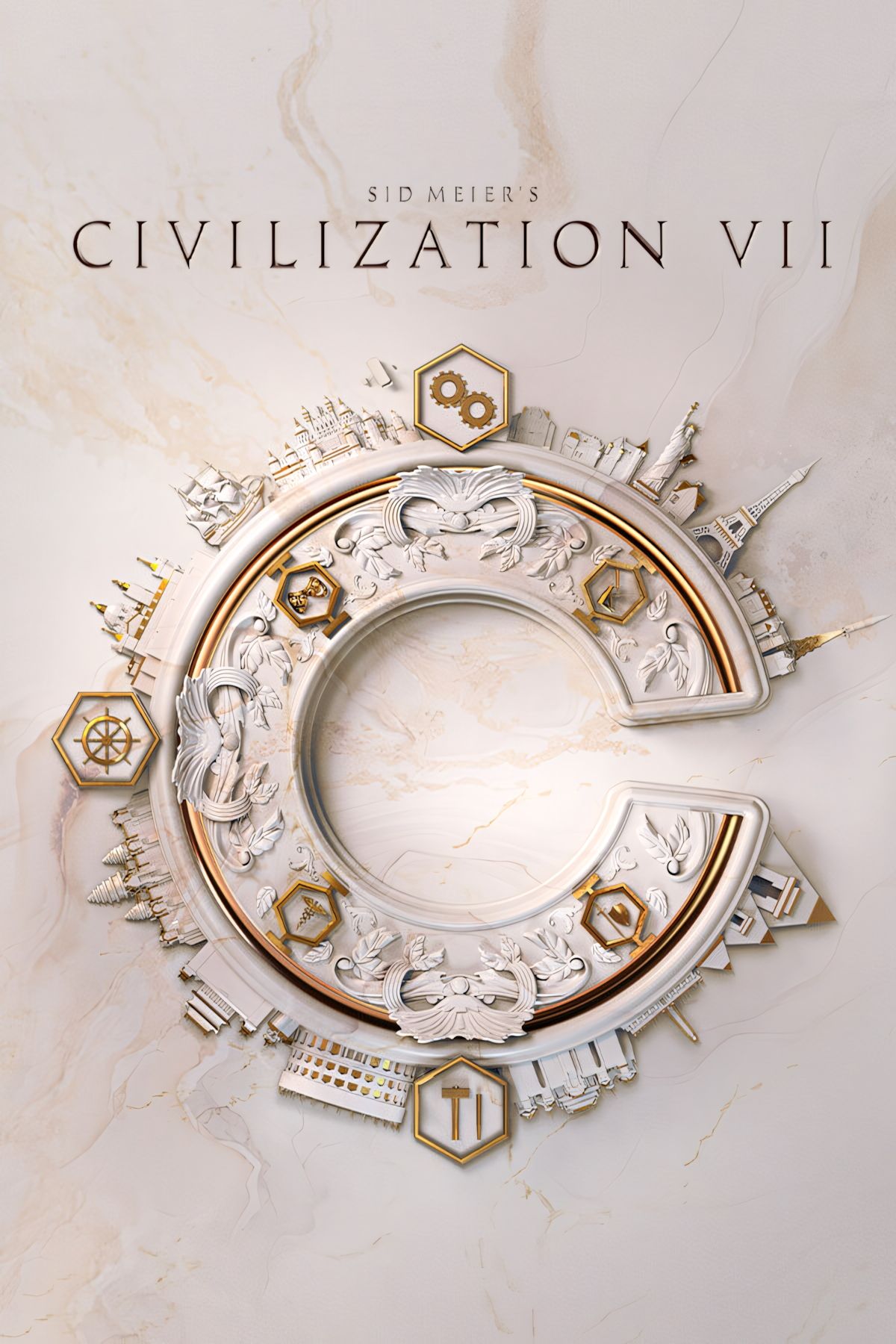










Leave a Reply